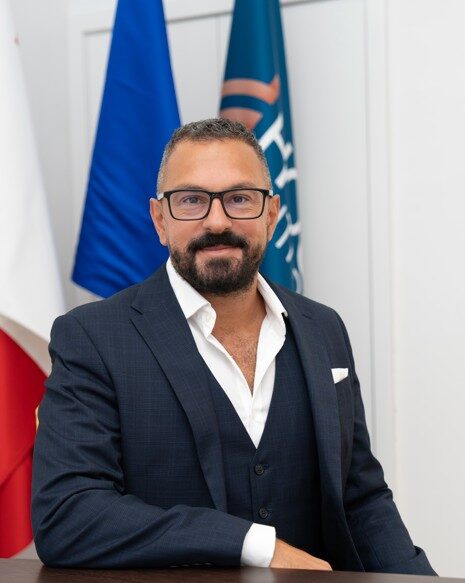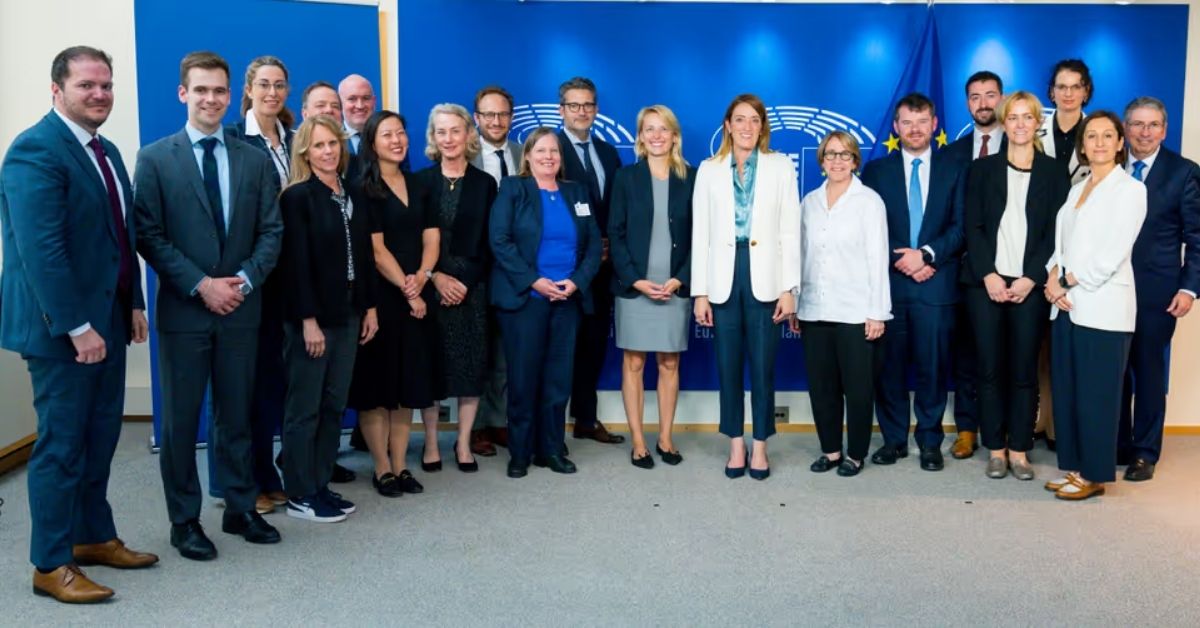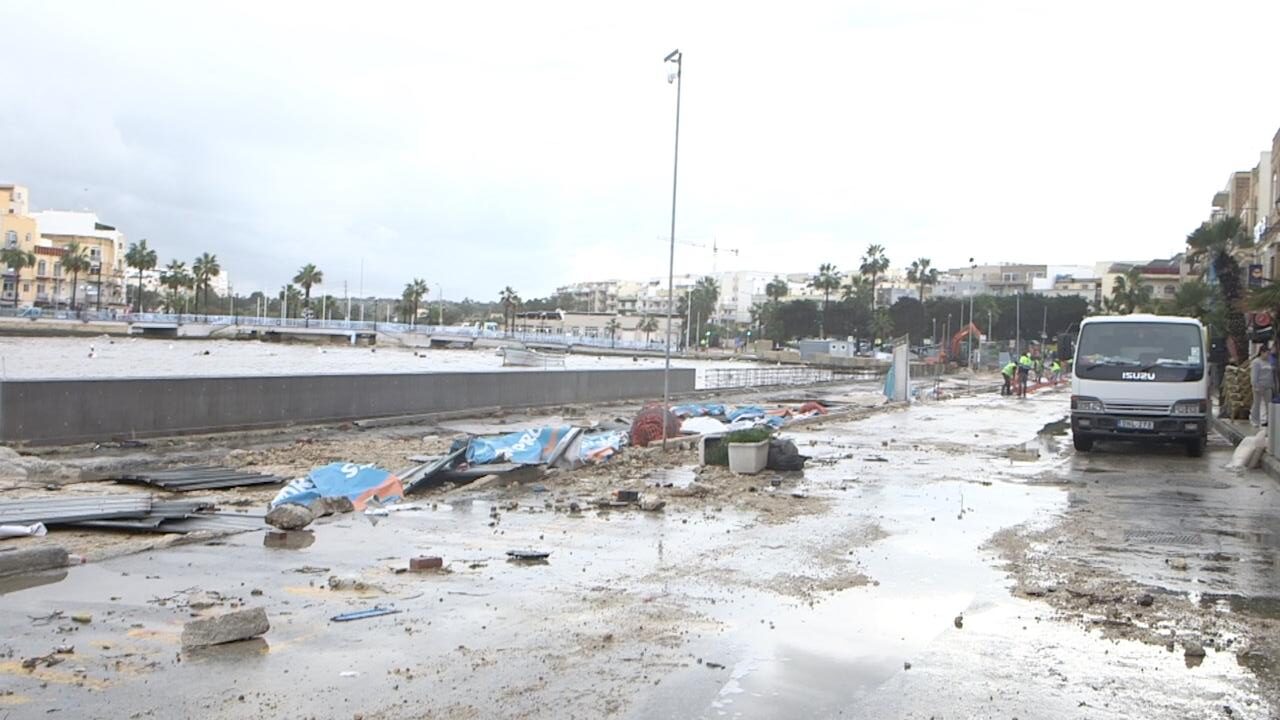A staggering one in four Europeans surveyed by an anti-poverty NGO describe their financial situation as “precarious”, while 80 per cent say they have been forced into difficult spending choices, such as reducing travelling, heating or having to secure a second job.
Europe, like much of the world, has been gripped by a cost of living crisis, as turmoil in international energy markets and shipping routes have led to widespread inflation. NGO Secours Populaire, an anti-poverty organisation based in France, provided a bleak snapshot of “a continent on the brink”.
The survey was conducted among more than 6,000 people across France, Germany, Greece, Italy, Poland and the UK by pollsters Ipsos on behalf of the NGO. In total, more than half, at 54 per cent, said their purchasing power has fallen over the past three years, mainly due to higher food, fuel, heating and rent bills.
In Malta, which was not surveyed, an increase fuel and electricity prices continues to be covered by the Government, however staggering increases in food and most goods and services has also seen people’s purchasing power fall.
According to the survey, the worst hit country was Greece, where 68 per cent of people surveyed reported that their purchasing power had fallen “a lot” or “somewhat” since 2019, before the pandemic hit. Next in line is France, at 57 per cent, followed by Germany, at 54 per cent, Britain, at 48 per cent and Poland, at 38 per cent.
Of note, 80 per cent of respondents reported that they had already been forced into making difficult spending compromises, something they did not need to do before COVID and the war in Ukraine wreaked havoc across global markets. Spending compromises include reducing travel (62 per cent), heating (47 per cent), borrowing from friends or family (42 per cent), finding a second job (40 per cent) and skipping a meal (29 per cent).
Further, 64 per cent of respondents across the six countries at this stage, they are “often” or “sometimes” unable to decide what expenses to cut next as they had already foregone expendable purchases, while 28 per cent said they were overdrawn by mid-month. A proportion of 27 per cent “often” or “sometimes” feared losing their residence.
Taking an average, 27 per cent of those surveyed described their financial and material situation as “precarious”, defined as “one unexpected expenditure could change everything”. Over half, 55 per cent, said they had to pay attention.
What does this mean for Malta?
While Government action on the island has saved its residents from enormous increases in electricity and fuel, meaning its inflation rate is among the least significant across the continent, a high dependency on tourism means that a rapid decrease in purchasing power faced by European citizens could spell trouble for the tourism-based businesses on the island.
Indeed, according to the World and Travel Tourism Council, tourism contributed 27.1 per cent of Malta’s economy in 2018, when 2.6 million tourists had visited the island.
Apart from generating revenue for the plethora of businesses that service tourists on the island, the sector is also a big employment contributor. Indeed, some 47,000 jobs were attributed to the tourism sector in Malta in 2020.
Between January and August 2022, around of 1.5 million people visited Malta for pleasure or business. It was a year that marked the return of post-pandemic travel as well as economies around the globe re-opening for business. It promised to be an optimistic year for social and economic recovery, however Russia’s invasion of Ukraine at the end of February 2022 completely upended this narrative.
And, thanks to an economic storm of factors relating to the pandemic and the war, inflation has hit the world hard, and creating uncertainty as to what 2023 will look like.
On the upside, Malta being a small island nation means it needs to attract relatively fewer tourists than larger Mediterranean competitors to thrive. For tourism stakeholders on the island, all eyes will be on whether Malta can offer a product that is of sufficient quality that will win over tourists from visiting competing destinations.
Thinking of housing as part of an urban system: what Malta can learn from Singapore’s public housing
Five lessons we can take from the nation twice the size of Malta
French NGO accuses Metsola and MEP of working with USA to dismantle Green Deal
Bloom calls out EU officials for 'adopting the Trump administration's strategy' to torpedo corporate environmental due diligence
Storm-hit businesses can now apply under amended Malta Enterprise scheme
A new measure offers targeted aid to storm-hit businesses while giving non-compliant operators one year to regularise their permits






